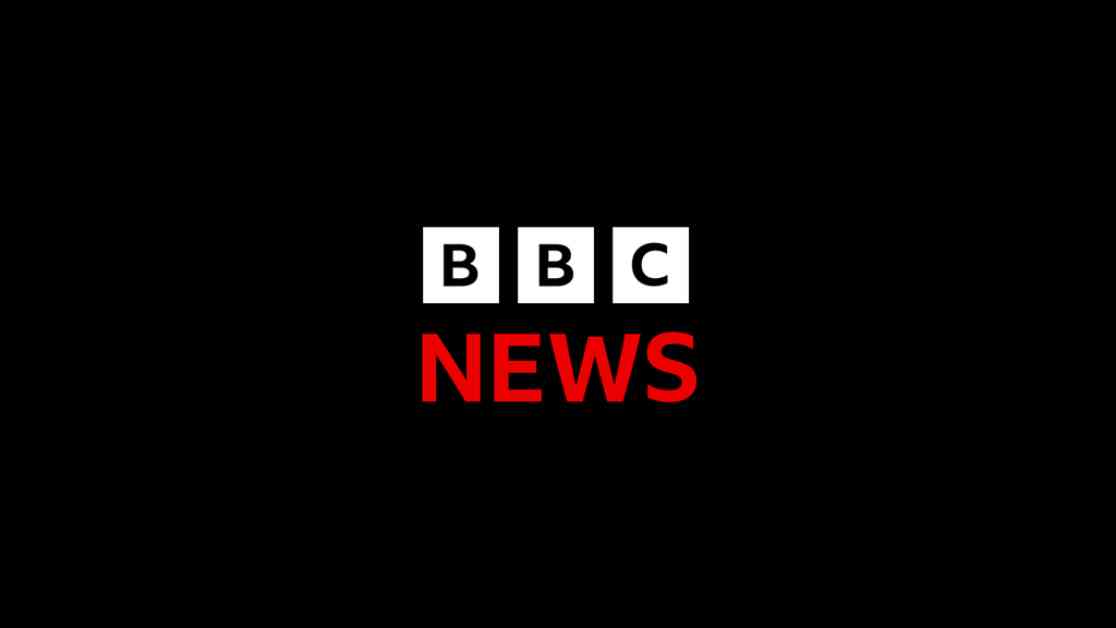Scotland’s finance secretary, Shona Robison, recently announced significant cuts worth £500m in the current financial year. This decision comes as the country faces what Robison described as “enormous and growing” financial pressures. The cuts outlined by Robison include a reduction in spending on sustainable and active travel initiatives, a move that has sparked criticism and debate among political parties and stakeholders.
Robison attributed the need for these cuts to the impact of UK government cuts, which have placed additional strain on Scotland’s budget. She emphasized that these measures were necessary to ensure the government’s financial stability in the face of various challenges, including public sector pay deals, prolonged Westminster austerity, inflation, the pandemic, and the conflict in Ukraine. As a result, the Scottish government plans to reallocate up to £460m raised from an auction of seabed plots for offshore projects to address the funding gap.
Despite these measures, Robison emphasized her commitment to balancing the budget this year, a feat that the government has achieved for 17 consecutive years. To achieve this goal, emergency spending controls have been imposed on all “non-essential” spending, and cuts in the public sector workforce are also expected. Additionally, the government plans to save £60m through emergency spending controls on government departments and a further £65m by reintroducing peak rail fares, cutting concessionary travel for asylum seekers, and allowing local authorities to finance pay deals by drawing on funds from existing programs.
One of the areas affected by the cuts is sustainable and active travel, with a reduction in spending planned across government departments. The Scottish government is also looking to increase interest income on a Scottish Water loan balance to offset some of the financial pressures. While these measures are aimed at addressing the immediate funding gap, more comprehensive spending plans for 2025-26 will be announced in the upcoming budget on 4 December.
The announcement of these cuts has sparked criticism from opposition parties, with Labour and the Tories blaming the Scottish government for financial mismanagement. Labour finance spokesperson Michael Marra accused the SNP of incompetence, highlighting the impact of the cuts on essential services like mental health, GP practices, and NHS staff training. The Scottish Liberal Democrats also raised concerns about the impact of the cuts on NHS services, pointing to reductions in funding for critical areas.
The Institute for Fiscal Studies echoed some of these concerns, stating that while the Scottish government faces tight funding constraints from the UK government, it is not entirely blameless for the funding gap. The think tank highlighted decisions such as freezing council tax and increasing public sector pay as factors contributing to budgetary pressures. These choices, while prioritizing public sector workers and social security benefits, have limited the government’s flexibility in addressing other areas of spending.
The debate around the cuts has also raised questions about the size of Scotland’s public sector workforce and its impact on the budget. With a higher proportion of public sector workers compared to the UK as a whole, Scotland faces challenges in managing public sector pay and balancing the budget. The rising cost of public sector wages, combined with recent pay deals, has put pressure on the government to find additional funds to meet salary demands without compromising other spending priorities.
As the Scottish government grapples with the financial challenges posed by the funding gap, concerns have been raised about the impact on essential services, climate action, and economic growth. The Scottish Greens have criticized the cuts, arguing that raiding climate budgets and selling out Scotland’s future to continue funding for big businesses is a step backward in addressing the climate emergency. The party highlighted the reduction in spending on climate action and increased costs for commuters as detrimental to Scotland’s environmental and economic goals.
The debate over austerity measures and financial responsibility has also taken center stage, with political parties trading accusations and pointing fingers at each other. The SNP has defended its decisions, citing the need to balance the budget and address ongoing financial pressures. The government’s commitment to fair pay deals and public service investments has been met with criticism from opposition parties, who argue that the cuts are a consequence of the SNP’s financial mismanagement.
As Scotland prepares for the upcoming budget announcement on 4 December, the focus remains on navigating the financial challenges ahead and making difficult decisions to ensure the government’s fiscal stability. The impact of the cuts on essential services, public sector workers, and climate initiatives will continue to be scrutinized as the government works to address the funding gap and maintain its commitment to balancing the budget.












